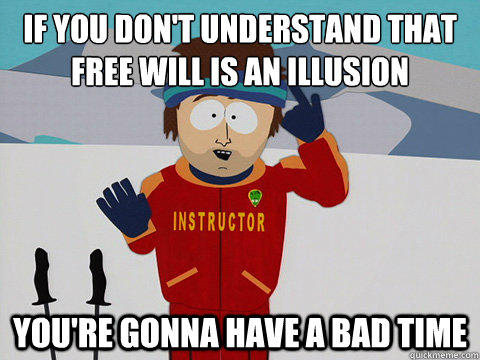
Addiction in an On-Demand World (Part 1)
In this post I ramble about how technology has played a part in disrupting our self control mechanisms.
On Patience
Patience is not simply the ability to wait – it’s how we behave while we’re waiting
Joyce Meyer
Technology has made it so that almost every ‘end’ human beings want to achieve has a more efficient ‘means’ compared to past generations and this efficiency is increasing:
- Food: Traditional Restaurants –> Fast Food Restaurants –> Food Delivery Services e.g. Uber Eats
- Intimacy: Meeting People IRL (In Real Life) –> Meeting People Over the Internet–> Dating Apps with instant “matches” e.g. Tinder
- Entertainment: Live Entertainment –> TV / Radio –> On Demand Content Streaming e.g. Spotify
Current digital services are now solving the ‘the last mile/kilometer’ problem which is the challenge of finding a cost effective / scalable solution in delivering a physical good/service from the final mile/kilometre to the customer i.e. Amazon Prime and Airtasker.
As consumer expectations adjust to living in an ever-increasing On Demand market place, it seems people’s patience have waned.
We don’t want to wait. Waiting has become anathema.
On Free Will
Man can do what he wills but he cannot will what he wills
Arthur Schopenhauer
This quote sums up the philosophy of free will. How much free will do we actually have? A person can discover their favorites, dislikes and wants (i.e. preferences). Some of these preferences may even conflict with each other or change over time, however, rarely can a person “choose”.
For example, if a person is attracted to brunettes but not blondes, it would be almost impossible to reverse these preferences consciously.
In this sense, “choice” is but an illusion to make us feel like we have control, when in reality our preferences do not have conscious input. However behavior and emotion is more within us mortals’ control.
Take the example of pedophiles, this small population have an attraction which society considers taboo (i.e. immoral). Trying to alter their attraction will be as fruitless as turning a straight man gay.
On Self Control
Therefore in the example of the pedophile, the level of self control will determine if their attraction will manifest in immoral behavior and emotion. (What’s considered immoral thought is a whole other topic which I won’t get into.)
One can be the master of what one does, but never of what one feels.
Gustave Flauber
How does a person restrain their preferences from emotion and behaviour? By reducing the opportunities for them to become salient.
This can be done in a variety of ways, (I’ll be using the example of going on Facebook):
- Habit – Turning conscious decision making into automatic responses e.g. Removing the application from your phone so you need to open a browser and go to the url instead
- Separation by space/effort – Avoiding being in the same physical space or increase the effort in reaching the space that will remind you of the preference e.g. logging out of Facebook every time, so you will need to log in every time
- Separation by time – Delaying exposure to the trigger, to reduce the intensity of the preference e.g. waiting half an hour before logging in, in the hopes that the urge will pass
- Will power – Mental gymnastics to convince yourself not to act on the preferences or alter the reaction e.g. Telling yourself you will only be disappointed in checking Facebook
Battle of Self Control
In the past, our physical environments were natural enablers to methods 2 and 3 of self control, however with the very nature of the internet’s accessibility (method 2) and our diminishing patience (method 3), it has gained the advantage in the the battle against self control which will be delved deeper into in the next part.